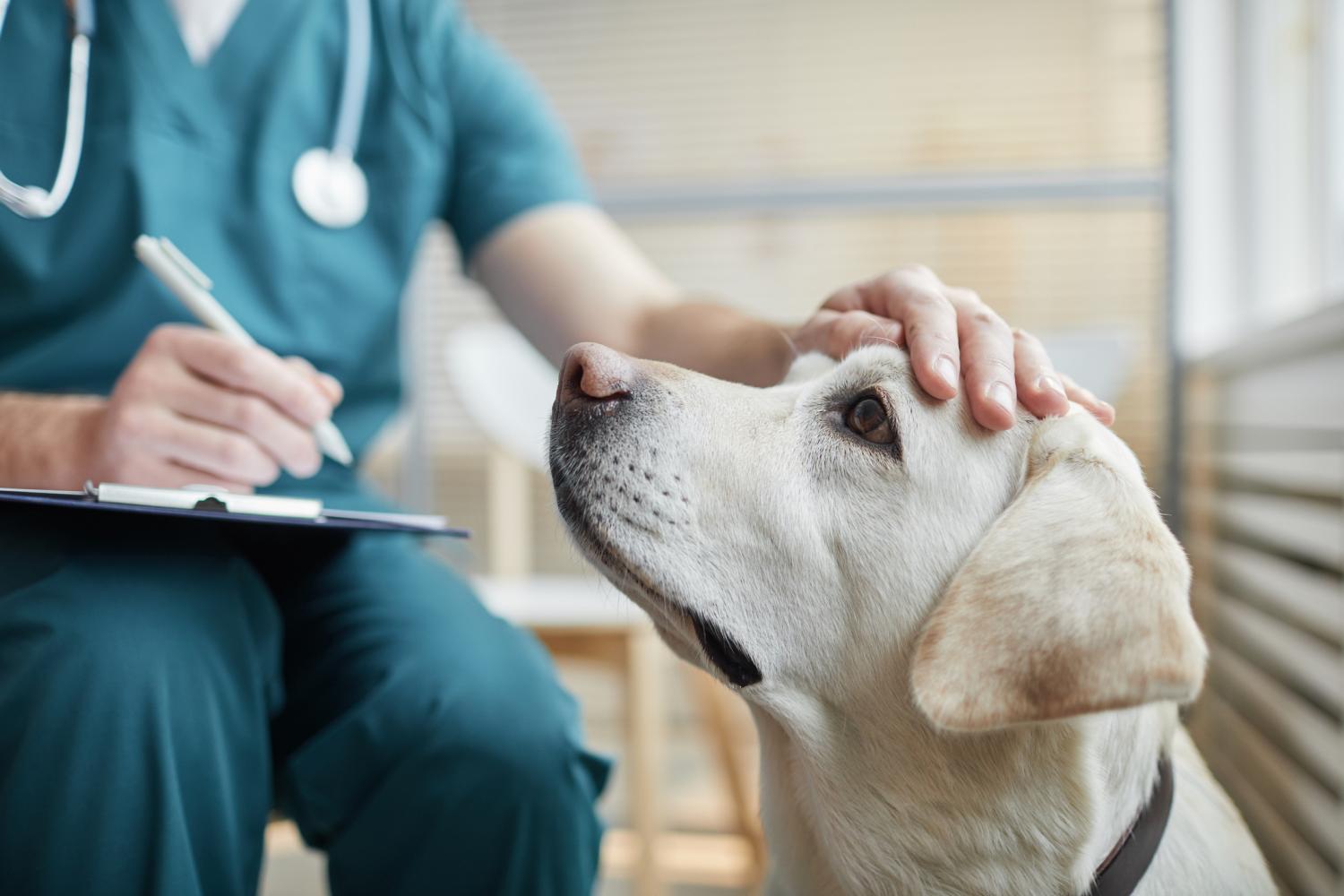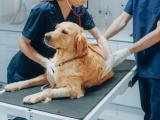A new study by researchers in the United Kingdom indicates that dogs with uncomplicated diarrhea do not appear to benefit from antibiotics.
The authors of the causal inference study, published today in PLOS One, say the findings provide evidence that antibiotic use for one of the most commonly diagnosed conditions in dogs should be restricted.
Limited evidence for antibiotics
Using data from VetCompass, a large veterinary clinical database shared by UK veterinary practices, a team led by researchers with the Royal Veterinary College (RVC) set out to assess the clinical effectiveness of two approaches commonly used to treat dogs with acute diarrhea: antibiotics and gastrointestinal nutraceuticals (dietary supplements). They used a "target trial" design, which applies principles from randomized controlled trials to the analysis of observational data for causal inference.
The study authors note that while there is little evidence that antibiotics are effective for treating uncomplicated diarrhea cases in dogs, and guidelines from the British Small Animal Veterinary Association state that dogs presenting with acute gastrointestinal signs do not require antibiotics, analysis of veterinary prescribing has shown that antibiotics are prescribed in more than 50% of dogs with the condition, with metronidazole being the most commonly prescribed antibiotic.
This type of evidence-free antibiotic use, they add, raises concerns about promoting antimicrobial resistance, and the potential for negative impacts on the canine gut microbiome.
"Given the current available evidence, high prescription rates of antimicrobials for acute diarrhoea is concerning," they wrote.
The study included data on dogs between the ages of 3 months and 10 years who presented to a veterinarian with acute diarrhea in 2019. Of the 894 dogs who met the inclusion criteria for the emulated trial, 355 were prescribed antibiotics and 539 were not prescribed antibiotics. The primary outcome was clinical resolution (defined as no revisit for ongoing diarrhea within 30 days).
The researchers also compared clinical resolution in 597 dogs prescribed gastrointestinal nutraceuticals and 297 not prescribed gastrointestinal nutraceuticals.
Little difference in clinical resolution
The results showed little difference in clinical resolution among the dogs who received antibiotics compared with those who didn't (88.5% vs 87.4%; risk difference [RD], 1.1%). After adjusting for covariates (including breed, weight, age, comorbidities, dietary modification advice, and vomiting), the RD for clinical resolution was 0.4% (95% confidence interval [CI], –4.5% to 5.3%). Time-to-event analysis similarly found no significant difference in the probability of treatment escalation between the antibiotic and no-antibiotic groups.
"The findings support the recommendation for veterinary professionals to limit antimicrobial use for acute diarrhoea in dogs," the authors concluded.
The RD for clinical resolution in dogs treated with gastrointestinal nutraceuticals versus those who were not treated with gastrointestinal nutraceuticals was also considered non-significant (0.3%; 95% CI, –4.5% to 5.0%).
90% of dogs recover after initial visit
The authors add that most dogs included in the study did not have a revisit for the diarrhea episode, regardless of what treatment was prescribed. Almost 9 out of 10 recovered after the initial visit.
The findings support the recommendation for veterinary professionals to limit antimicrobial use for acute diarrhoea in dogs.
Study co-author Dan O'Neill, MVB, PhD, an associate professor of companion animal epidemiology at the RVC, says the study fills an important information gap in veterinary medicine.
"During 20 years as a veterinarian in first opinion practice, I was crying out for good evidence that could help me to provide better care for my patients for common conditions in dogs such as diarrhoea," O'Neill said in an RVC news release. "Veterinarians and owners can now feel confident that science is working better for them and their dogs – and that antibiotics are not needed to successfully manage cases of uncomplicated diarrhoea in dogs.”






















